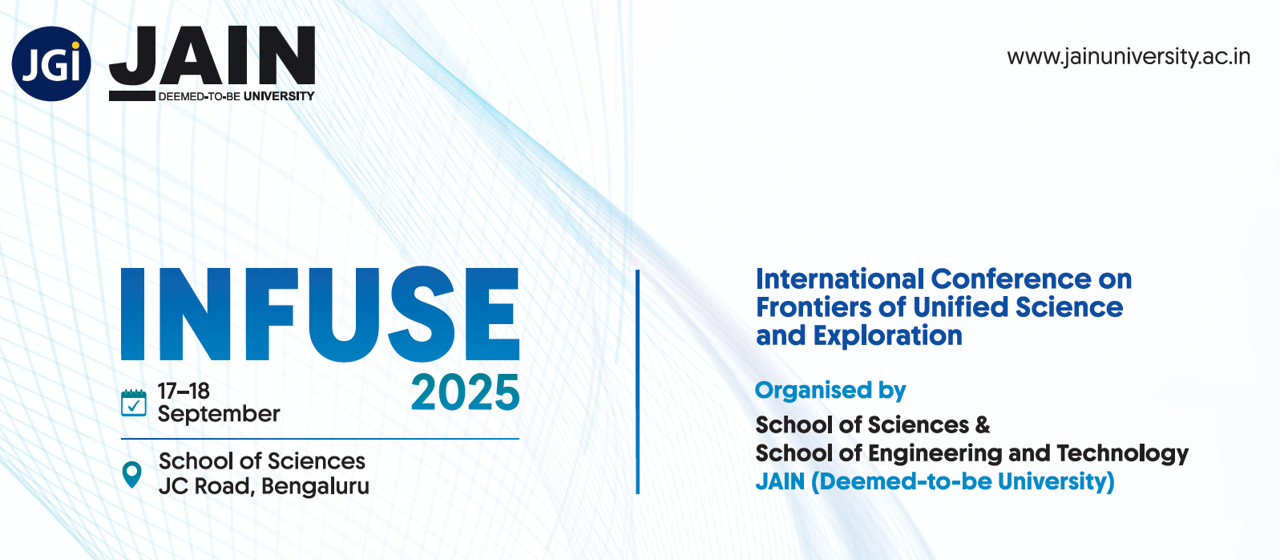Speakers
Description
One of the leading causes for death worldwide is cancer which jeopardizes health and socioeconomic factors. Recent trends have increasingly seen the use of naturally occurring substances derived from medicinal plant preparations that contain plant-derived medicines from traditional medicinal flora showing selectivity for cancer cells. This study evaluates the cytotoxic effects of the crude ethanolic extract of Berberis aristata against two cancer cell lines (HeLa, a cervical carcinoma line and K562, a chronic myeloid leukemia cell line). In the dose dependant MTT assay assessment, HeLa cells demonstrated dose dependant measurable cytotoxicity (IC50 value of 205.12 ± 0.92 µg/ml) and K562 cells showed insignificant results post treatment. Additionally, research has shown over expression of growth receptors and formation of fusion proteins in many cancers which is linked to worse prognosis. Therefore, in this study BCR-ABL fusion protein tyrosine kinase and EGFR kinase were selected as targets since these are overexpressed in K562 and HeLa cell lines respectively. Thus, molecular docking studies has been conducted to evaluate the effect of plant phytochemicals and cancer-associated targets in Berberis aristata. It is clear that the phytochemicals identified in this study particularly Berbamine, had substantial docking scores (-9.1 for BCR-ABL and -8.4 for EGFR) against the kinases, showing that while Berbamine displayed more activity in K562, the combinatorial effect of other constituents present in the extract induced more cytotoxicity in HeLa cells. This integrated study demonstrates an in vitro and in silico study exploring the anti-cancer properties of a potential toxicity plant-derived anticancer agent Berberis aristata.
Key words: Berberis aristata, Cytotoxic Analysis, IC50, Molecular docking, Binding affinity, HeLa cell line, K562 cell line

